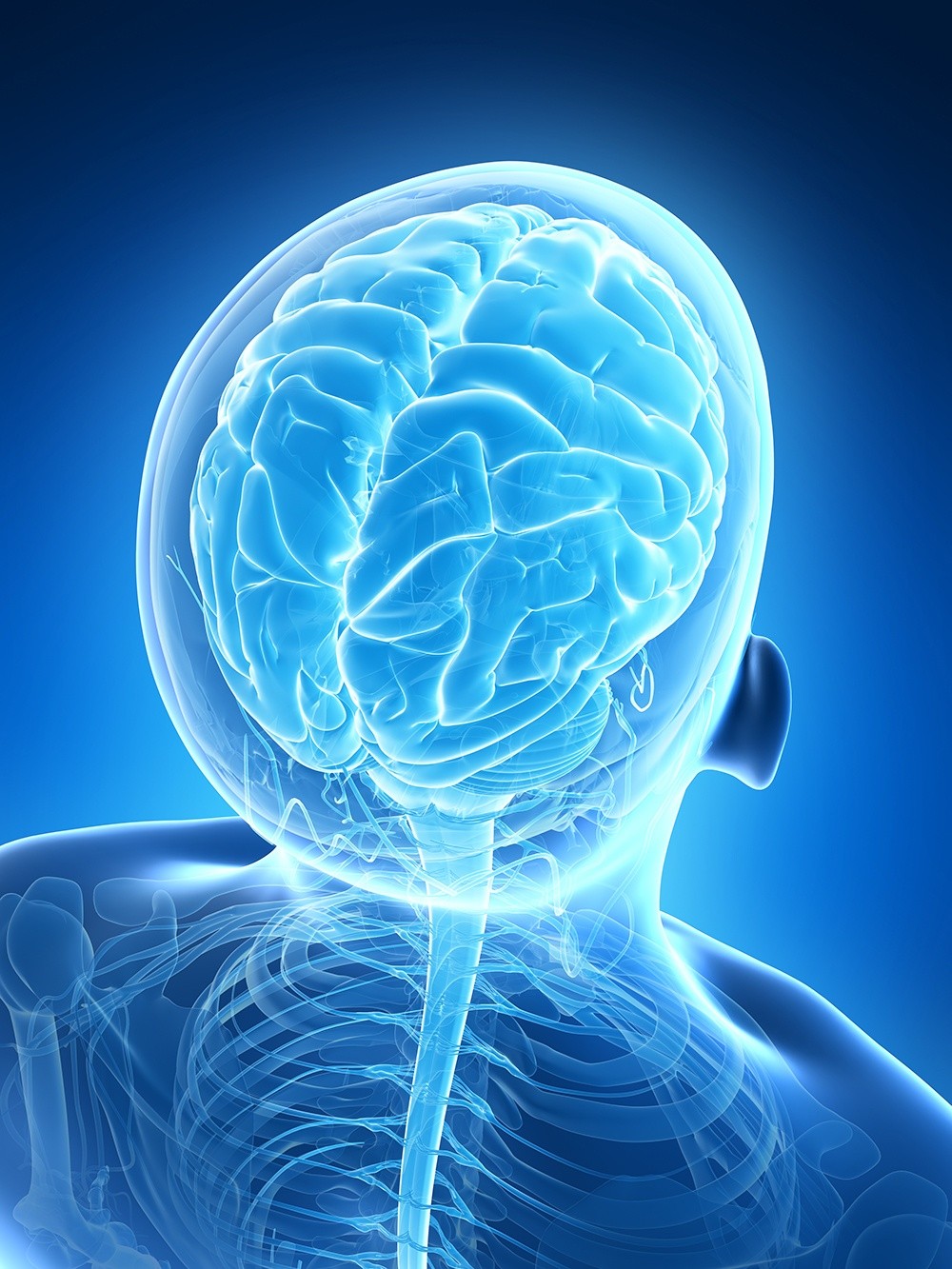- PATIENT FORMS | REQUEST A CONSULTATION | CONTACT US
- 1-844-NSPC-DOC
Hydrocephalus
What Is Hydrocephalus?
Take ActionTypes and Causes of Hydrocephalus
If the amount of cerebrospinal fluid generated by the choroid plexus is greater than the amount that the body can absorb, the CSF can accumulate and cause hydrocephalus. CSF serves a number of functions for your brain:
- Protecting and cushioning your brain. Cerebrospinal fluid surrounds the brain and this buffer of liquid helps prevent your brain from crashing into your skull during a head-jarring impact.
- Helping feed your brain. The fluid transports nutrients to your brain and also moves waste away.
- Assisting in maintaining proper cerebral blood flow.
A number of conditions, diseases, and injury can cause an imbalance in the CSF production and reabsorption.
Although congenital hydrocephalus is frequently diagnosed during an ultrasound, treatment outcomes may be better soon after birth to help avoid or curb brain damage. Neural tube defects such as spina bifida can bring on conditions such as Chiari malformations or other spinal cord abnormalities that can result in hydrocephalus.
Congenital hydrocephalus can also occur when the channel between the 3rd and 4th brain ventricle is obstructed, a condition known as aqueductal stenosis.
Acquired hydrocephalus, hydrocephalus that develops after birth, can also stem from several conditions.
- Brain tumors can obstruct the proper flow of CSF
- Infections in the brain such as meningitis
- Subarachnoid hemorrhages
- Injury or trauma to the skull can cause inflammation in the brain tissue
- Cysts
- Strokes
Normal Pressure Hydrocephalus (NPH) can develop in older people and is generally idiopathic, or without a known cause.
Signs of hydrocephalus tend to vary with the age of the patient.
Babies still have a growing skull which can increase in size to adapt to an excess of cerebrospinal fluid, however, older children and adults do not have that expandability in their skull bones and their symptoms vary accordingly.
Symptoms of Hydrocephalus in Infants
The most discernible sign of hydrocephalus in a baby is an enlarged head or an accelerated rate of growth to the head’s circumference. Other symptoms may include:
- A bulge or swelling of fluid in the space between bones of the child’s skull
- Extreme drowsiness
- Vomiting
- Seizures
- Eyes cast downward
- Developmental delays
Older Children
Toddlers and older children may also have some of the same symptoms as babies do such as:
- Unusually large head size
- Excessive sleepiness
- Vomiting or nausea
- Developmental delays
Kids with hydrocephalus may also exhibit other symptoms such as:
- Vision issues such as seeing double
- Trouble with balance or coordination
- Irritability
- Declines in developmental abilities
- Headaches
- Personality changes
Adults
Adults may present with somewhat different symptoms due to the lack of malleability of their skull. These symptoms can also indicate normal pressure hydrocephalus.
- Headache
- Balance and coordination issues
- Frequent urination or difficulty controlling bladder
- Deterioration in mental facilities

How Is Hydrocephalus Diagnosed?
Symptoms of hydrocephalus vary from person to person, so your physician will use advanced imaging tools and a neurological evaluation to obtain the most accurate diagnosis.
Congenital hydrocephalus is often discovered during a prenatal ultrasound and is often readily observed in the second trimester and may also be identified with amniocentesis. After birth, hydrocephalus diagnosis in a newborn may involve magnetic resonance imaging, computed tomography scans, ultrasounds, or CSF pressure monitoring.
Diagnosing normal pressure hydrocephalus in the elderly may require experts familiar with the condition because many of the symptoms mimic dementia-related conditions.
State-of-the-Art Treatments for Hydrocephalus at NSPC in NY
Our private practice of neurosurgeons and allied specialists include neuropsychologists, pediatric neurosurgeons, endovascular neuroradiologists, and neuro-oncologists. Our leading doctors also have appointments as chiefs of neurosurgery in some of Long Island’s best hospitals.
Sometimes hydrocephalus is treated by removing the obstruction to the CSF flow, such as in the instance of a tumor. The most common surgical treatment for hydrocephalus involves installing a shunt system to redirect the excess cerebrospinal fluid (CSF) to a different part of the body to be reabsorbed. A ventriculoperitoneal shunt, also called a VP shunt, is the more common treatment for hydrocephalus.
A third ventriculostomy may be used for certain hydrocephalus cases. This less invasive endoscopic procedure involves creating a tiny hole in the third ventricle allowing the CSF to flow out and away from the brain.
Hydrocephalus in infants and children can lead to severe impairment of neurological function and physical development and requires prompt treatment to prevent brain damage. Our board-certified neurosurgeons who specialize in pediatric neurosurgery offer world-class treatments for brain and spine conditions.
NSPC’s Long Island specialists are well placed to treat hydrocephalus at any stage. We have the technology, expertise, and experience patients look for and we serve New York State and NYC, as well as the wider tri-state area.

Related NSPC Center
NSPC provides state-of-the-art treatment of benign and malignant brain and spine tumors, using minimally invasive procedures like Gamma Knife®, Novalis TX™, and CyberKnife® rather than major surgery whenever appropriate. Our physicians also perform experienced pediatric neurosurgery — they give personalized, individual attention combined with knowledge and experience to take on the most challenging of cases.
Connect With Our 7 Convenient Locations
across Long Island, NY
Our expert physicians, surgeons and doctors are ready to serve you at our 7 convenient locations across Long Island, NY. Connect today to learn how our award winning, world class experts can help.
4250 Hempstead Turnpike Suite 4,
Bethpage, NY 11714
(516) 605-2720
COMMACK
353 Veterans Memorial Hwy,
Commack, NY 11725
(631) 864-3900
One Hollow Lane, Suite 212
Lake Success, NY 11042
(516) 442-2250
MANHATTAN
215 E. 77th Street Ground Floor
New York, NY 10075
(646) 809-4719
EAST SETAUKET
226 North Belle Mead Road, Suite C
East Setauket, NY 11733
(631) 828-3001
100 Merrick Road, Suite 128W
Rockville Centre, NY 11570
(516) 255-9031
WEST ISLIP
500 Montauk Hwy
West Islip, NY 11795
(631) 983-8400
World
Class
Expertise
For over 50 years & 350,000 patients NSPC has been a trusted global medical leader.
Contact us today for an appointment or consultation.
